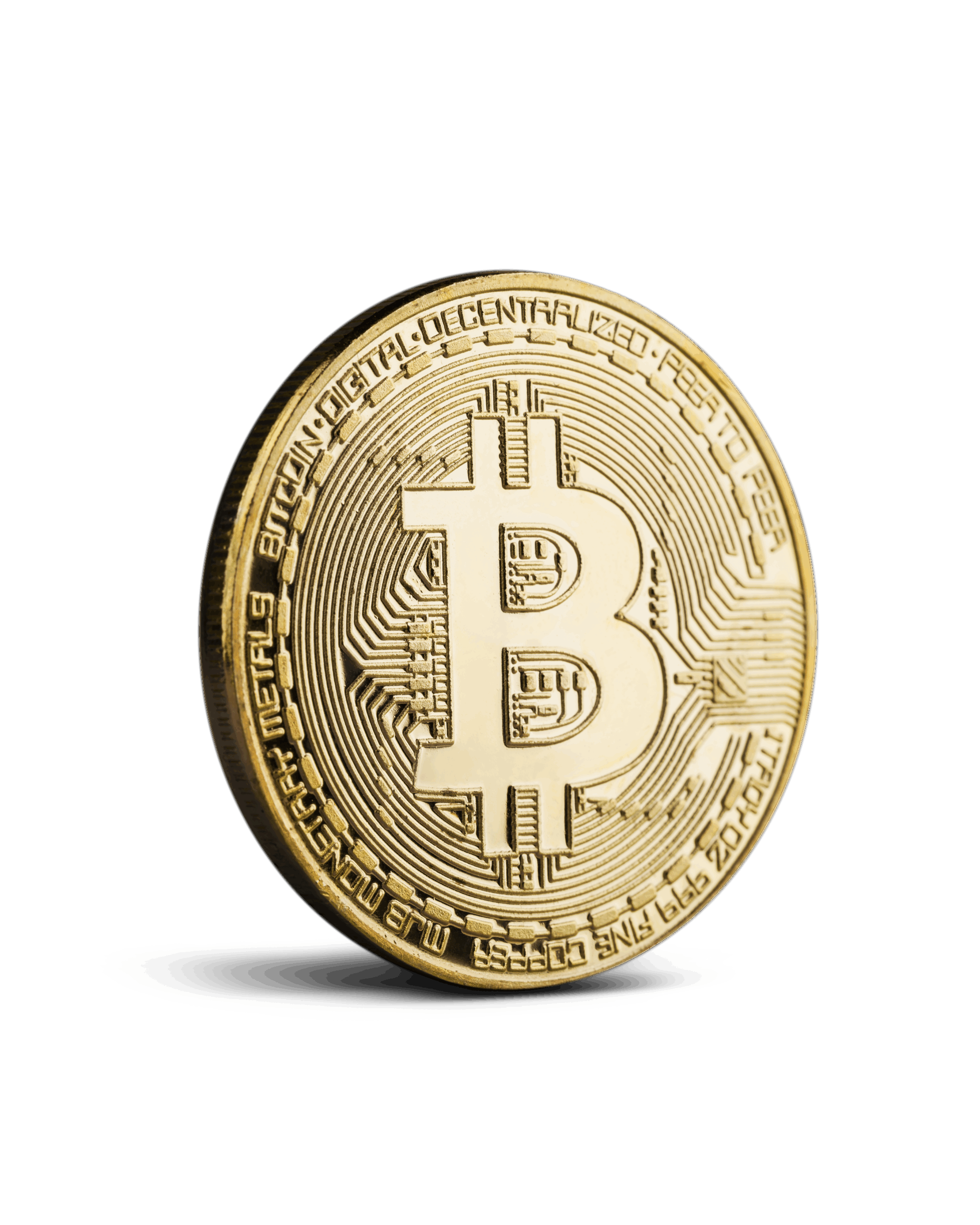Learn Bitcoin: Lead With Clarity
Previously engaged with institutions and leaders such as Söderberg & Partners, members of the Swedish Parliament’s Bitcoin dialogue, and BTC Prague.
Bitcoin Is Redefining the concept of Money
Bitcoin for corporations
A strategic asset for modern companies.
- Treasury Protection
- Global Payments
- Long-Term Strategy
Bitcoin for Individuals
Take control over your savings, financial independence and protection against inflation.
- Control YOUR money
- Hedge Inflation
- Borderless Payments
Bitcoin for merchants
Accept fast, global payments with no hidden fee.
- Instant Settlement
- Low Fees
- Self Custodial
Why Bitcoin Matters
Bitcoin is reshaping how individuals, companies and institutions store value, move money and plan long-term. Its fixed supply, global accessibility and transparent network make it a foundational layer for the future financial system.


About BTCHICK
BTChick is led by Ammy Edberg, a Swedish Bitcoin educator focused on advancing Bitcoin adoption across Sweden and Europe.
In the intersection of education, communication and real-world Bitcoin onboarding, supporting companies, merchants and individuals with clear, practical and unbiased guidance.
- Bitcoin Education
- Content and communication
- Lightning POS onboarding








